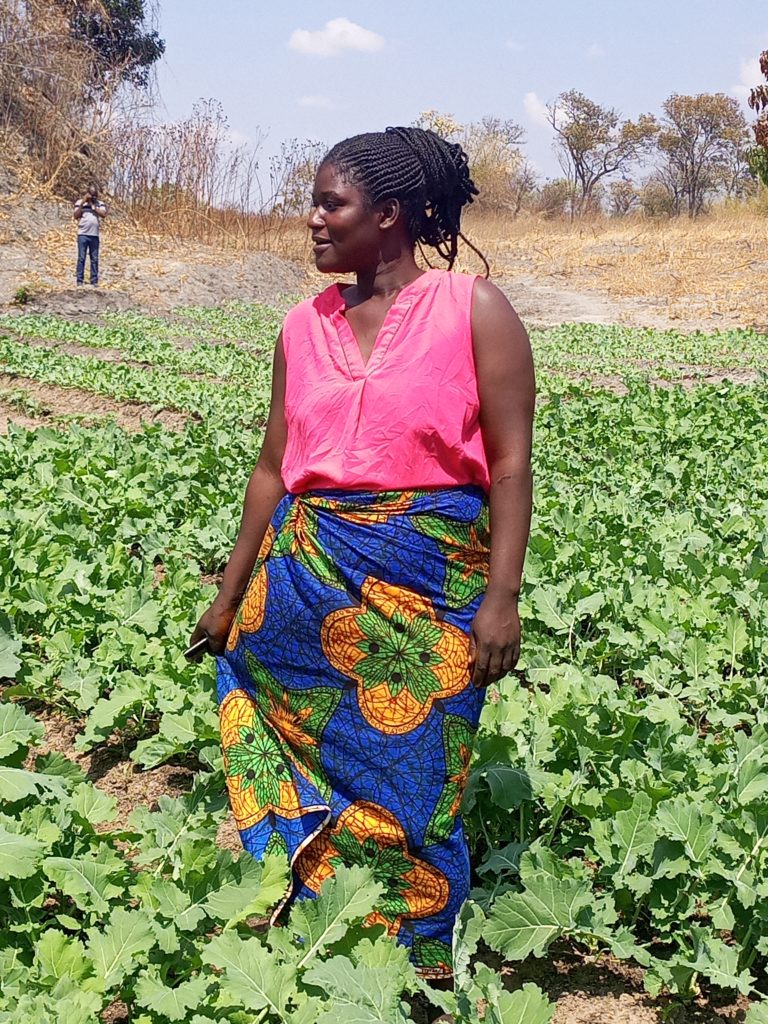
Community Cooperation Abounds
Small-scale farmers are learning the principles of conservation agriculture to break the cycle of poverty, which is due in part to rising population, soil degradation and drought. As they practice sustainable techniques like mulching, making their own fertilizer, rotating crops and diversifying their farms, their risk of loss decreases and their yields increase. And, best of all? Examples of cooperation and mutual benefit abound among community members.
• Local churches often provide training venues for the program. At one such church, four women participated in training and then used a portion of the church’s land to grow tomatoes using the methods they had learned. When they had harvested a good crop, they sold the tomatoes, dividing some of the profits between them to benefit their families. They were so grateful for the role the church had played in their success that they decided to use their remaining profits to purchase paint and hire a painter to beautify the church building.
• Two friends, Ruth and Margret, took training together on improving soil fertility with home-made compost or manure tea; sustainable pest-control techniques; record keeping and principles of marketing (entrepreneurship). At the beginning of the year the program gave them some seeds, inputs and tools. Margret invited Ruth, a widow, to plant vegetables on a plot of land she was not using. With help from Margret and the program staff, Ruth had a good harvest. She even had enough additional produce from her garden to sell, and the extra money came in very handy for other household needs.
• Mr. Kabwe, a schoolteacher who also has a gardening business, was so impressed with the program that he volunteered to help by sharing of his own successful tomato-growing experience with those who needed a little extra help. He has assisted a number of program participants and enjoys giving advice to new tomato growers and monitoring their success.
Zambia Copperbelt Program
Led by Nazarene Compassionate Ministries
